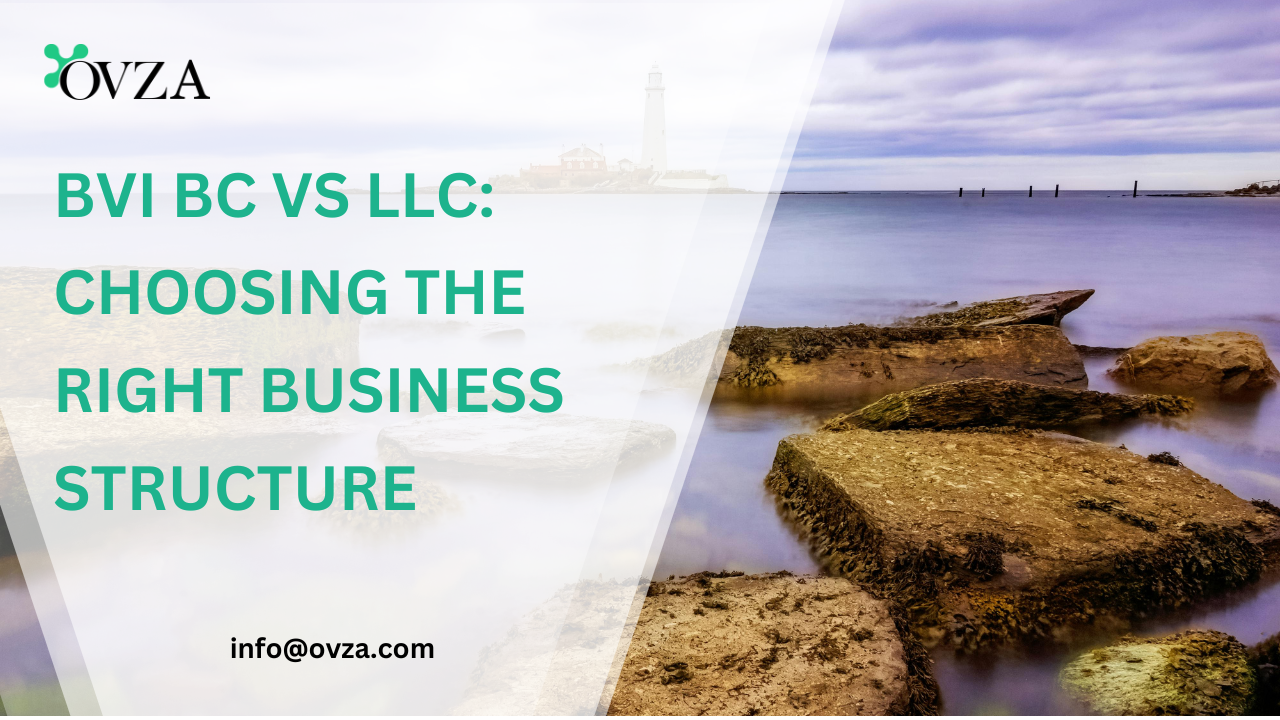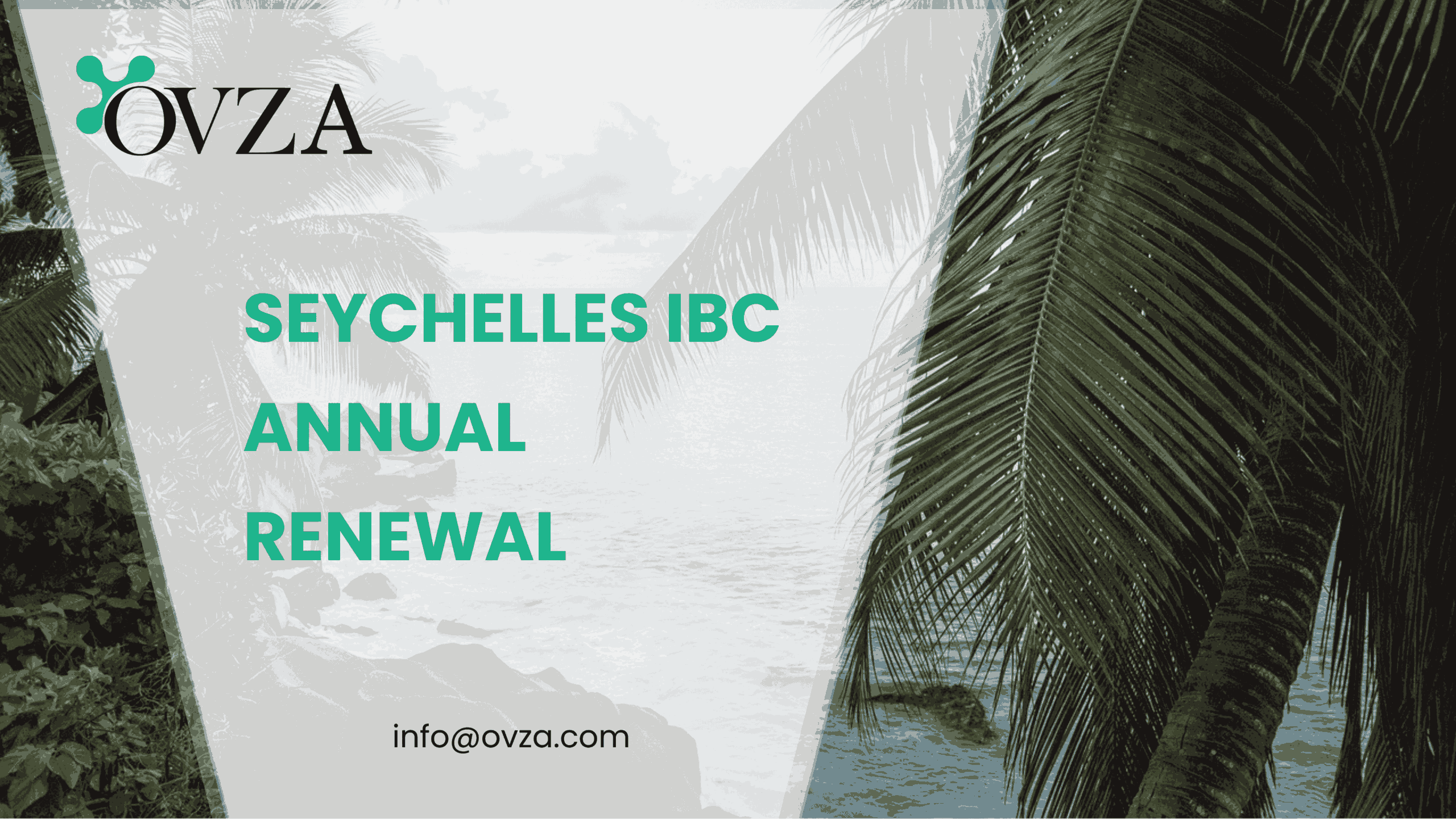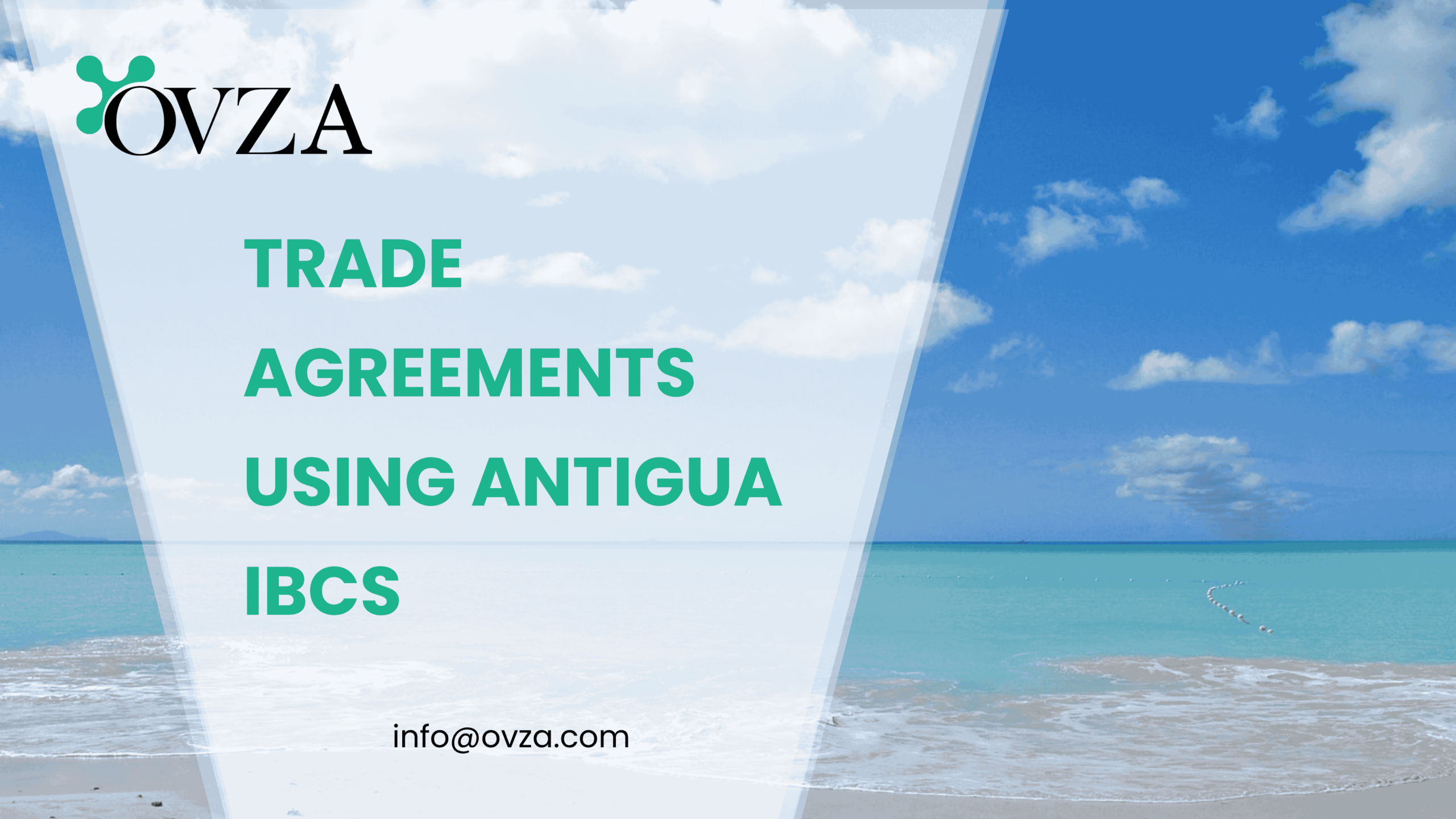Executive Summary
Discover the key benefits and differences between BVI LLC and BVI BC structures to choose the best option for your business success. Choosing the right business structure is crucial for your company’s success. In the British Virgin Islands (BVI), the two most popular options are Business Companies (BCs) and Limited Liability Companies (LLCs).
This guide explores the key differences, benefits, and drawbacks of each structure to help you decide which one is best for your business.
- Introduction: Understanding BVI Business Structures
- Key Differences Between BVI BCs and LLCs
- Benefits of a BVI Business Company (BC)
- Benefits of a BVI Limited Liability Company (LLC)
- Drawbacks of a BVI Business Company (BC)
- Drawbacks of a BVI Limited Liability Company (LLC)
- Which Business Structure is Right for You?
- How to Register a BVI BC or LLC
- Conclusion
Introduction: Understanding BVI Business Structures
The British Virgin Islands (BVI) is a leading offshore jurisdiction, offering flexible and business-friendly structures like BCs and LLCs. According to the BVI Financial Services Commission (FSC), over 400,000 offshore companies are registered in BVI, with BCs and LLCs being the most common. But which one is right for you? Let’s break it down.
What is a BVI Business Company (BC)?
A BVI Business Company (BC) is a versatile offshore business structure designed for international trade, investment, and asset holding. One of its key features is tax exemptions, as BCs are exempt from local taxes on income earned outside the British Virgin Islands (BVI). This makes them highly attractive for businesses looking to optimize their tax liabilities.
Additionally, BCs offer privacy and confidentiality, as there is no public disclosure of directors, shareholders, or beneficial owners. The structure also provides flexibility, with minimal reporting requirements and no need for annual audits, reducing administrative burdens.
For businesses comparing structures, a BVI LLC is another strong option that offers limited liability protection and enhanced operational flexibility. While BCs are commonly used for trading and investment, a BVI LLC may be ideal for businesses seeking simplified governance and member-driven management.
Another advantage of BCs is the ease of setup, as they can be registered in 24–48 hours with minimal documentation. These features make BVI BCs ideal for international trading companies, holding companies, and businesses seeking tax optimization and privacy.
When deciding between a BVI BC and a BVI LLC, understanding their unique benefits will help you choose the right structure for your business needs.
-
What is a BVI Limited Liability Company (LLC)?
A BVI Limited Liability Company (LLC) is a hybrid structure that combines the flexibility of a partnership with the liability protection of a corporation. This makes a BVI LLC an attractive option for entrepreneurs and investors seeking a versatile offshore business structure.
Key Features of a BVI LLC:
- Pass-Through Taxation: Profits are taxed at the member level, not the company level, providing potential tax efficiencies for businesses utilizing a BVI LLC.
- Liability Protection: Members are not personally liable for the company’s debts, ensuring personal assets remain protected under the BVI LLC structure.
- Flexible Management: A BVI LLC can be managed by its members or appointed managers, providing operational flexibility for businesses.
- Global Recognition: A BVI LLC is widely recognized and accepted internationally, making it a reliable option for global business operations.
Best For:
- Small to medium-sized businesses seeking efficient tax structures.
- Joint ventures and partnerships that require flexible management.
- Businesses operating in multiple jurisdictions looking for secure asset protection and simplified governance.
Key Differences Between BVI BCs and LLCs
| Feature | BVI Business Company (BC) | BVI Limited Liability Company (LLC) |
| Taxation | Tax-exempt on foreign income | Pass-through taxation |
| Privacy | High (no public disclosure) | Moderate (members may be disclosed) |
| Reporting Requirements | Minimal (no annual audits) | Moderate (may require annual filings) |
| Management | Directors and shareholders | Members or appointed managers |
| Setup Time | 24–48 hours | 3–5 business days |
| Cost | Lower (affordable registration fees) | Higher (due to additional compliance costs) |
Benefits of a BVI Business Company (BC)
A BVI Business Company (BC) offers several advantages for businesses. One of the most significant benefits is tax efficiency, as BCs are exempt from corporate, capital gains, and withholding taxes on foreign income. This makes the BVI an attractive jurisdiction for businesses looking to minimize their tax liabilities. Additionally, BCs provide privacy and confidentiality, as there is no public disclosure of ownership or operations, ensuring that sensitive business information remains protected. The ease of setup is another key advantage, with a quick registration process that requires minimal paperwork and can be completed in as little as 24–48 hours. Finally, BCs are ideal for global operations, making them a popular choice for businesses engaged in international trade and investment.
Benefits of a BVI Limited Liability Company (LLC)
A BVI Limited Liability Company (LLC) also offers numerous benefits for businesses. One of the primary advantages is pass-through taxation, which allows profits to be taxed at the member level rather than the company level, avoiding double taxation. LLCs also provide liability protection, ensuring that members’ personal assets are shielded from the company’s debts and obligations. The flexibility of an LLC is another key benefit, as it can be managed by members or external managers, depending on the business’s needs. Additionally, LLCs enjoy international recognition, making them widely accepted for cross-border business operations.
Drawbacks of a BVI Business Company (BC)
While BVI Business Companies (BCs) offer many benefits, there are some drawbacks to consider. One limitation is that BCs are restricted from conducting local operations within the British Virgin Islands (BVI), meaning they can only engage in international business activities. This restriction may not suit businesses looking to operate locally. Additionally, some banks may be hesitant to open accounts for BCs due to their offshore nature, leading to restricted banking options. This can make it challenging to secure corporate banking services, which are essential for smooth business operations.
Drawbacks of a BVI Limited Liability Company (LLC)
BVI Limited Liability Companies (LLCs) also come with certain drawbacks. One of the main disadvantages is the higher costs associated with setting up and maintaining an LLC compared to a BC. This includes higher registration fees, annual maintenance fees, and compliance costs. Another potential drawback is moderate privacy, as members’ details may be disclosed in some cases, depending on the jurisdiction and regulatory requirements. This reduced level of confidentiality may not be ideal for businesses prioritizing privacy. These factors should be carefully weighed against the benefits when deciding whether an LLC is the right structure for your business.
Which Business Structure is Right for You?
Choose a BVI Business Company (BC) if:
- You operate internationally and want tax exemptions.
- Privacy and confidentiality are top priorities.
- You need a quick and affordable setup process.
Choose a BVI Limited Liability Company (LLC) if:
- You want pass-through taxation and liability protection.
- Your business operates in multiple jurisdictions.
- You prefer a flexible management structure.
How to Register a BVI BC or LLC
- Choose a Registered Agent: All BVI companies must appoint a registered agent.
- Prepare Documentation: Submit the required documents, including identification and proof of address.
- Register with the Registrar: File the incorporation documents with the BVI Registrar of Corporate Affairs.
- Open a Bank Account: Choose a bank that supports BVI offshore companies.
Conclusion
Both BVI Business Companies (BCs) and Limited Liability Companies (LLCs) offer unique advantages, making them ideal for different types of businesses. By understanding the key differences, benefits, and drawbacks, you can choose the structure that best aligns with your business goals.
For more information, visit the BVI Financial Services Commission (FSC) or consult with a local incorporation expert.











